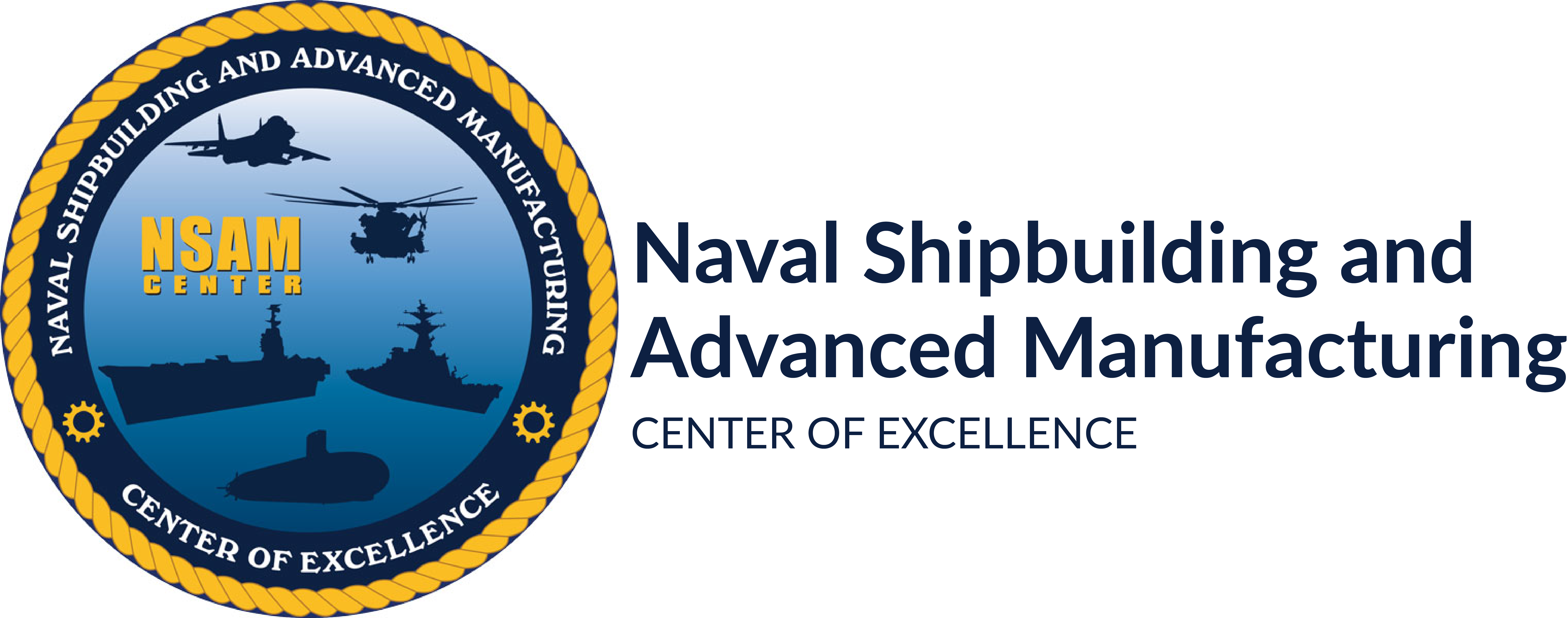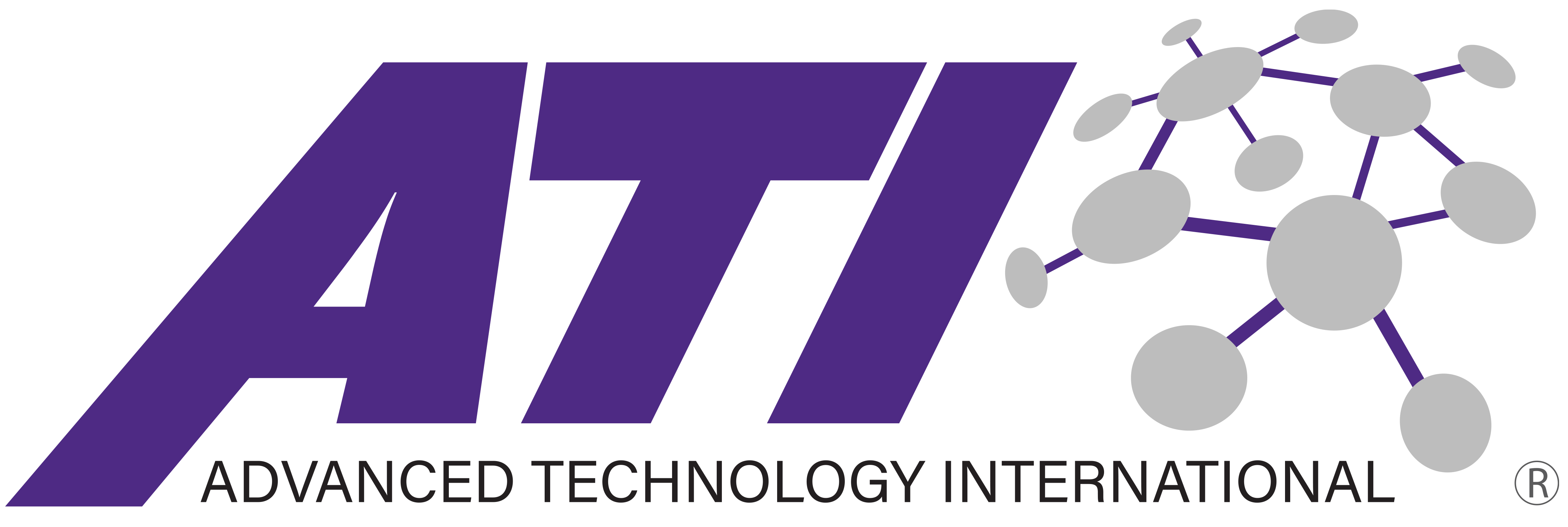Project Participants: Northrop Grumman Shipbuilding-Newport News
Project Start: August 2007
Small weldments at Northrop Grumman Shipbuilding-Newport News (NGSB-NN) are considered any structural part manufactured or assembled in the small component fabrication and assembly shops (generally up to 4-ft by 8-ft and weighing no more than 5 tons). Current manufacturing and assembly methods for small weldments are outdated, requiring significant cost and time. In addition, the process at NGSB-NN is at maximum capacity, and supporting two VIRGINIA-Class Submarine (VCS) hulls per year plus an aircraft carrier will cause scheduling issues and disruption.
This project’s goal was to analyze, create, and recommend a process for the assembly of small weldments from fabricated piece parts. The proposed process will provide optimized material flow and work sequences, as well as specify new tooling requirements. To accomplish this, the project created a computer-simulated model of the current state and analyzed the process flow, varying work grouping, tooling, labor skill mix, and volume. The result of this analysis predicted resultant reduction in cost and/or increase in throughput for a given equipment purchase or process change. Having completed validation, this new process has begun to take shape on the shop floor.
This ManTech project was divided into four distinct, progressive phases, and concluded with submission of a Final Report and Gap Analysis which provided the basis for recommended capital expenditures. Results will initially be used to pursue a new small weldment production facility or an equipment/resource upgrade of an existing NGSB-NN facility using the VCS Capital Expenditure program.
This project could eliminate a significant amount of touch labor in the small weldments process, yielding per-hull savings of $455K and $1.2M for the VCS and CVN programs respectively. Findings from this project should be applicable and benefit construction activities at other major shipyards as well. Implementation activities commenced in early 2009.




